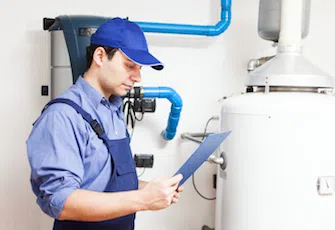The best defense is training technicians for prevention.
Several months ago, I wrote about an employer’s duty to provide employees with a workplace safe from violence. Following publication of that article, a reader asked whether an hvacr contractor is responsible for injuries caused to an employee by hazards in a customer’s home. Surprisingly, there is no clear-cut answer.
Generally, a homeowner does not have an absolute duty to provide an independent contractor (or its employees) with a safe work environment. A homeowner does have a duty to maintain the premises in a reasonably safe condition and to warn of hazardous conditions that are unknown and not obvious to the contractor. Thus, if homeowners are aware of a dangerous condition that would not be readily apparent to the contractor, they have a duty to warn contractors of the danger. For example, if a homeowner was aware of broken basement steps and did not warn the contractor before allowing the contractor and its employees access to the basement, then the homeowner could be liable for any injuries sustained on those steps.
However, the dangerous condition must be known, and the risk of harm must be reasonably foreseeable for a homeowner to be liable. Thus, in a 2002 case, a federal court held that a homeowner who had hired a contractor to trim trees and clean gutters did not have to warn the contractor of mildew on the roof that caused the roof to become extremely slippery. The homeowner had no actual knowledge of the mildew or that the roof was made slippery by it. Moreover, the homeowner had no duty to check the roof before the contractor started the job.
Additionally, a homeowner has no duty to address inherit hazards that are present because of the character of the work to be done. Thus, if an hvacr contractor is hired to fix a furnace that has a gas leak, and an employee is injured in an explosion or fire while working on the furnace, there is no recourse against the homeowner.
Of course, there can be exceptions to this rule. An owner can become liable if the owner actively participates in the contractor’s job operation or maintains control over the job. (This exception frequently arises where independent contractors are brought into a factory setting. It would not likely arise in a residential setting.)
Even though the homeowner does not have a duty to your employees, you do. Since you cannot be with every employee at every job site, it is important to train your employees to identify potentially hazardous situations before beginning work at a job site. Well-trained, careful employees are the first step in managing jobsite risks.
Michael P. Coyne is a founding partner of the law firm, Waldheger Coyne, located in Cleveland, Ohio. For more information on the firm, visit: www.healthlaw.com or call 440-835-0600.



